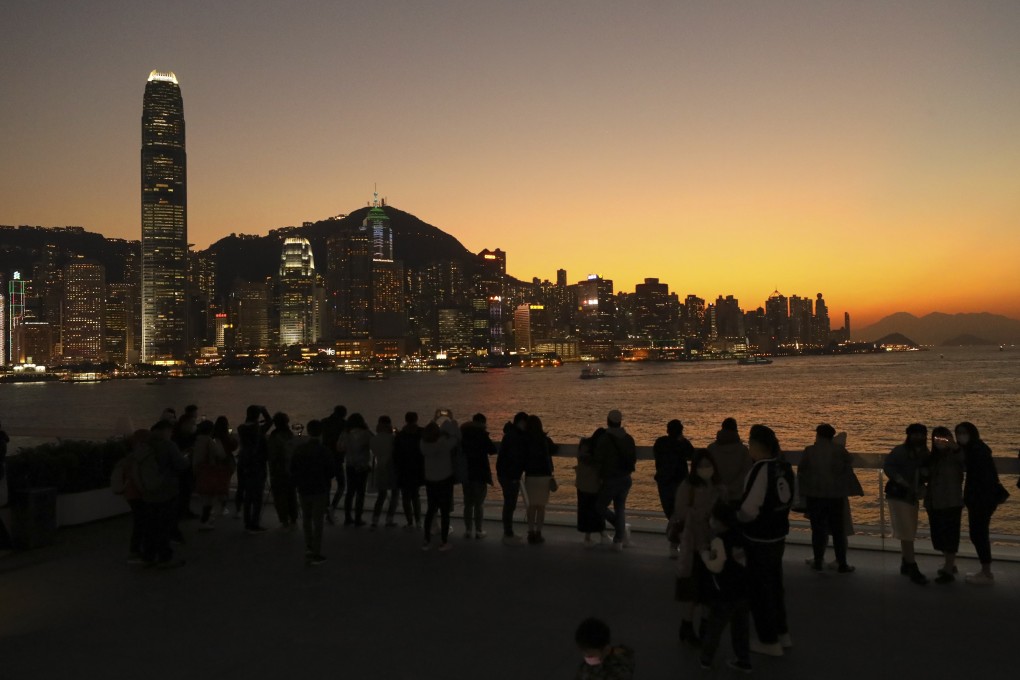My Take | More democratic system would create a stronger Hong Kong
- The city’s election system appears set for a shake-up. But the reforms will be made in Beijing - not Hong Kong - and will turn back the clock on the progress already made

The question of how to reform Hong Kong’s election system has dominated the city’s politics since the 1980s, although change has not been easy to achieve.
Now, it appears, the system is finally set for a shake-up. But the reforms will be made in Beijing – not Hong Kong – and will roll back democratic development instead of advancing it. This is a sorry state of affairs.
The issue was not on the agenda for last week’s National People’s Congress Standing Committee meeting. But the Post reported top officials discussed the reforms on the sidelines and a package is likely to be presented to China’s legislature in March. Amendments to the Basic Law, the city’s de facto constitution, might be necessary. It would be a drastic step.
There was a time when Hong Kong people believed they would be allowed to elect their leader through universal suffrage. Beijing gave the green light for this to take place in 2017. But it was not to be. The central government imposed tight restrictions on the nomination of candidates prompting democrat lawmakers to unanimously reject the proposals in 2015.
Universal suffrage was one of the five demands of protesters in 2019. But talk of democratic reform evaporated when the protests ceased and a new national security law was followed by arrests of opposition figures.
Reform is now being discussed again. But the proposals floated would, if implemented, see the removal of modest achievements made since Hong Kong returned to China in 1997.
